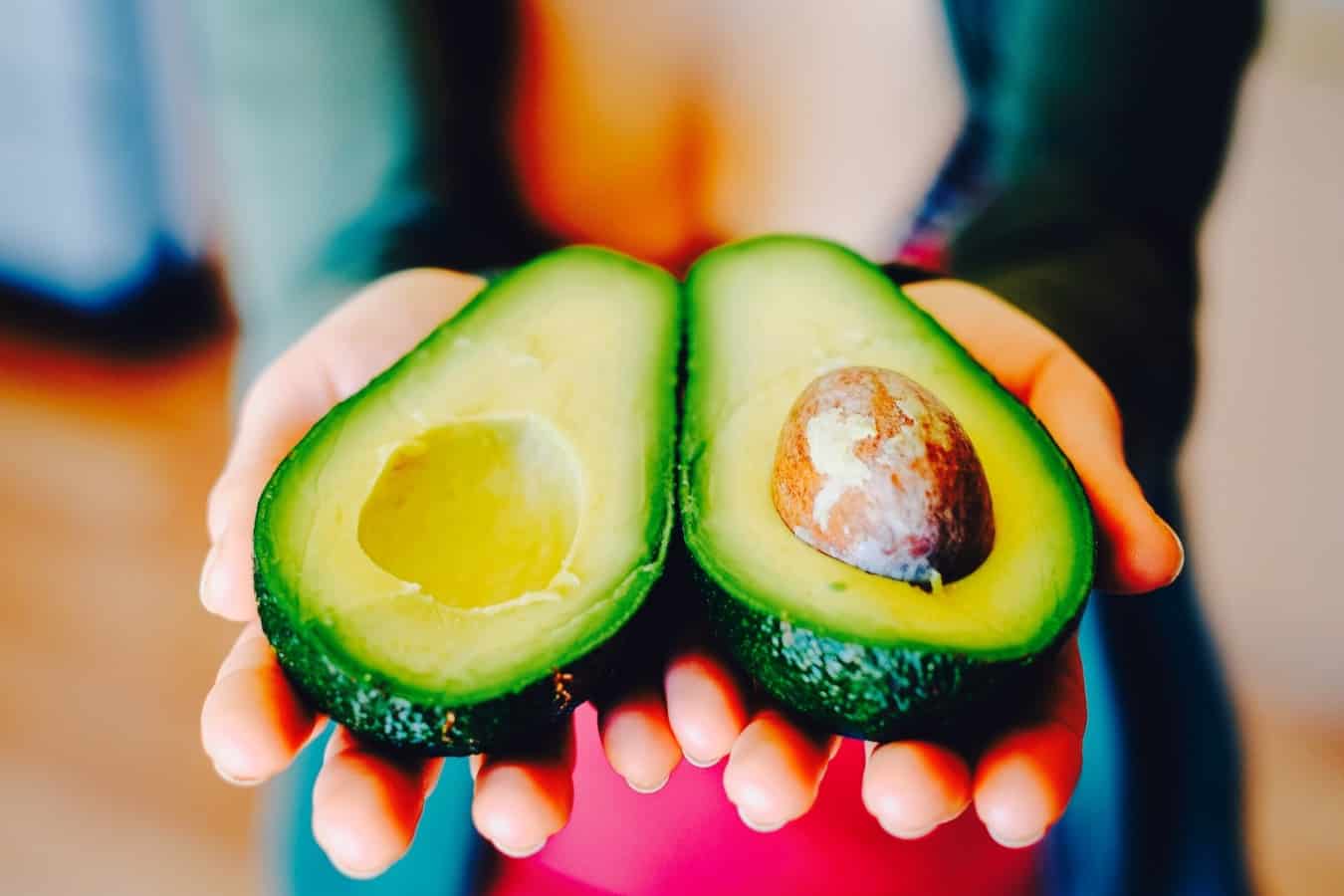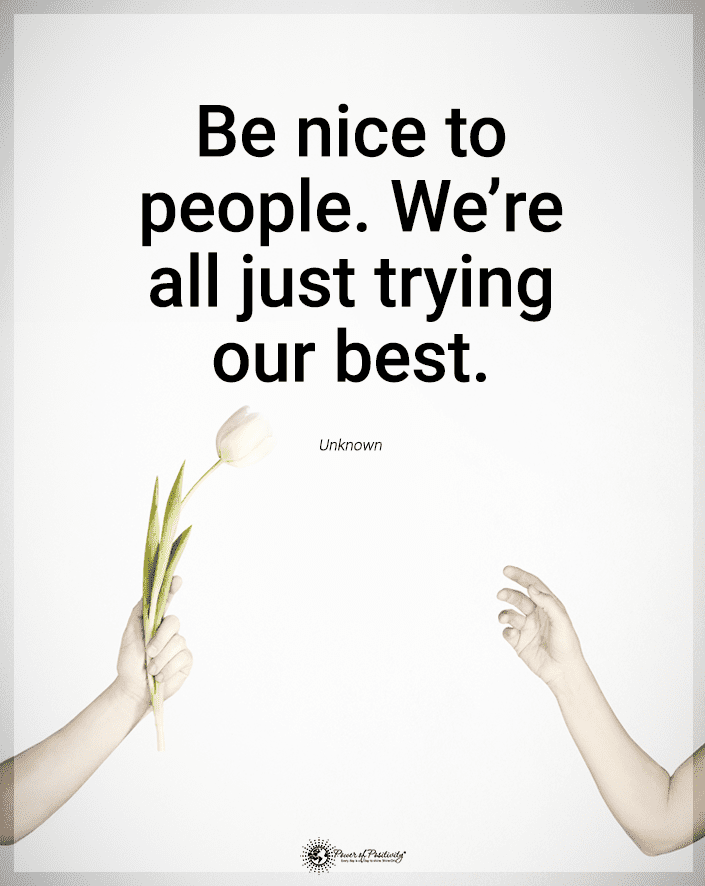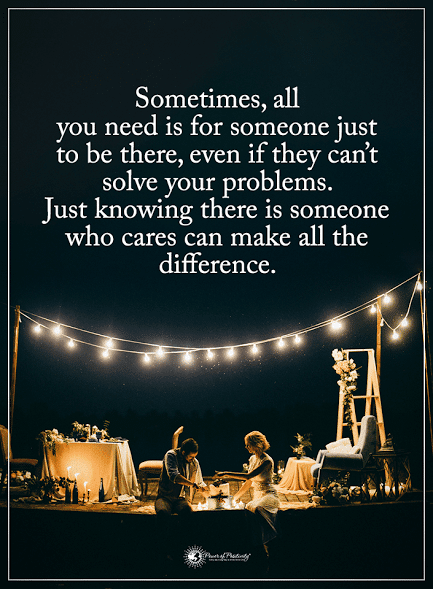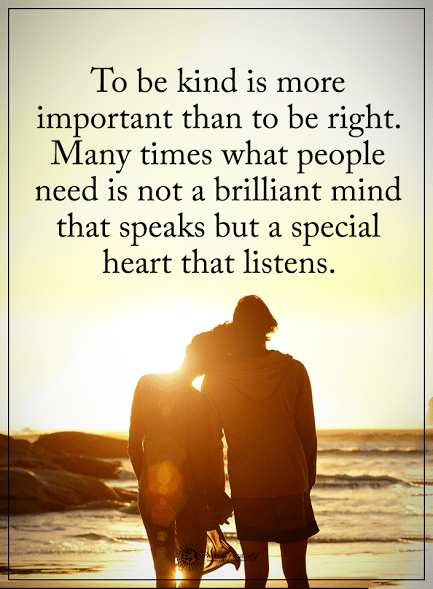Although the term “superfood” doesn’t exist medically or legally, everyone from fitness experts to doctors uses the term to describe “nutrient powerhouses that pack large doses of antioxidants, polyphenols, vitamins, and minerals.”
“The myriad of healthy fats and nutrients found in an avocado – oleic acid, lutein, folate, vitamin E, monounsaturated fats and glutathione among them – can help protect your body from heart disease, cancer, degenerative eye diseases, and brain diseases.” – Dr. Frank Lipman
Indeed, Dr. Lipman “ranks” avocado as the #3 superfood (behind leafy greens and cruciferous veggies.)
In this article, we give you not one, not two, but 25 reasons to eat an avocado daily!
Let’s get going.
25 Reasons to Eat An Avocado Daily
#1 Avocados are nutrient-dense
Avocados are among the richest sources of vitamins and minerals; offering up nearly 20 in each serving. In a small 3.5 ounce (100 gram) serving, an avocado contains the recommended daily amount (RDA) percentages of these vitamins and minerals: vitamin K, 26%; folate, 20%; vitamin C, 17%; potassium 14%.
#2 A rich source of healthy fats
Avocados are a “fatty” food. The good news is that nearly all this fat is healthy, or monounsaturated fat.
#3 Helps maintain a healthy weight
Avocados, despite being “high in fat” may actually promote and help maintain a healthy weight. One reason is the fruit is high in fiber, which promotes feelings of satiety (fullness).
#4 Fights inflammation
As avocado is high in oleic acid – a fatty acid that reduces the inflammatory response – the fruit is effective at fighting off inflammation.
#5 Promotes eye health
Avocados contain the nutrients lutein and zeaxanthin, two nutrients that fight macular degeneration.
#6 Prevents diabetes
Studies show that people who eat half an avocado with lunch stabilize blood sugar levels.
#7 Increases nutrient absorption
Eating a lot of minerals, nutrients and vitamins is all well and good, but your body needs to absorb them too! Avocados help with this, as well.
#8 Lowers bad cholesterol levels
Research shows that avocados reduce total cholesterol, blood triglycerides, and LDL (bad) cholesterol.
#9 Promotes hair and skin health
Everyone wants fabulous hair and skin health. A combination of the fruit’s high vitamin E and healthy fat content can help create more youthful-looking skin and hair.
#10 An effective pain reliever
Much of the pain we experience is due to inflammation. As mentioned, avocados suppress the inflammatory response. This, of course, helps to mitigate pain caused by inflammation.
#11 Strengthens your bones
Avocados contain good amounts of copper, folate and vitamin K – all important nutrients for bone strengthening.
#12 May help fight off cancer
The cancer-fighting properties of avocados are still being researched. However, some research has been promising; this includes the slowing of cancerous prostate cells.
#13 Improves digestive health
Fiber is a critical nutrient for ensuring proper digestive health. Fortunately, avocados have plenty of this nutrient to spare!
#14 Regulates blood pressure
Potassium sources serve an important role in regulating blood pressure, and one avocado contains 28% of the RDA of potassium.
#15 Helps ensure a healthy newborn
Vitamins B6 and C, and folate and potassium are some of the most important nutrients of expecting mothers. Avocados, of course, are rich in all four.
#16 Enhances your state of mind
Potassium and folate are known “brain foods.” Lack of both nutrients has been linked to depression and like-symptoms. As mentioned, avocados are rich in both.
#17 Provides an energy boost
This is an oft-overlooked benefit of avocado. Of all macronutrients (carbs, fat, and protein), fat is the most concentrated for boosting energy – this is particularly true of healthy fats. Thus, an avocado provides a slow but steady supply of energy that can last a full workday.
#18 Fires up the immune system
C vitamins, along with B and E, are all natural immune boosters. An avocado provides plenty of all three.
#19 Helps brain power
Copper is a brain stimulant that is often disregarded. It is no surprise, then, that many people have a copper deficiency. An avocado contains 20% RDA of copper, which may help with your cognitive functions.
#20 Is an incredibly versatile fruit
There are so many ways to enjoy an avocado. You can slice, peel, mix, or dice it; it can be added as an ingredient or a side dish. As you probably know, that tasty guacamole (which can be made healthily) is almost all ‘cado.
#21 Can be enjoyed in many ways
It’s worth mentioning again the different ways an avocado can be eaten. Here are some more creative avocado dishes: banana and avocado bread, pineapple/avocado smoothie, avocado hummus, avocado pesto, avocado/tomato bruschetta, and chilled cucumber & avocado soup.
#22 Protection benefits are wide-ranging
Eye, skin and hair, brain, immune and arthritis protection are just a few protective benefits of avocado. For such a delicious fruit, the multiple protective benefits are astonishing.
#23 More potassium than bananas
Yeah, this one is quite surprising. Most people’s primary potassium source is a fresh banana. One avocado has more than twice the amount of potassium than a banana (975 milligrams). Even a few slices will probably beat the Minion’s favorite fruit in potassium count.
#24 Very heart healthy
As avocado consumption is linked to lower blood triglycerides and LDL measurements, has potent anti-inflammatory properties, and helps normalize blood pressure; it’s one of the most heart-healthy foods around.
#25 Regular avocado eaters are healthier
According to an analysis of over 17,500 people, regular avocado eaters were found to be much healthier than others. More specifically, the former group had lower rates of heart disease, diabetes, and obesity.
https://youtu.be/KKB0jThAfnQ









